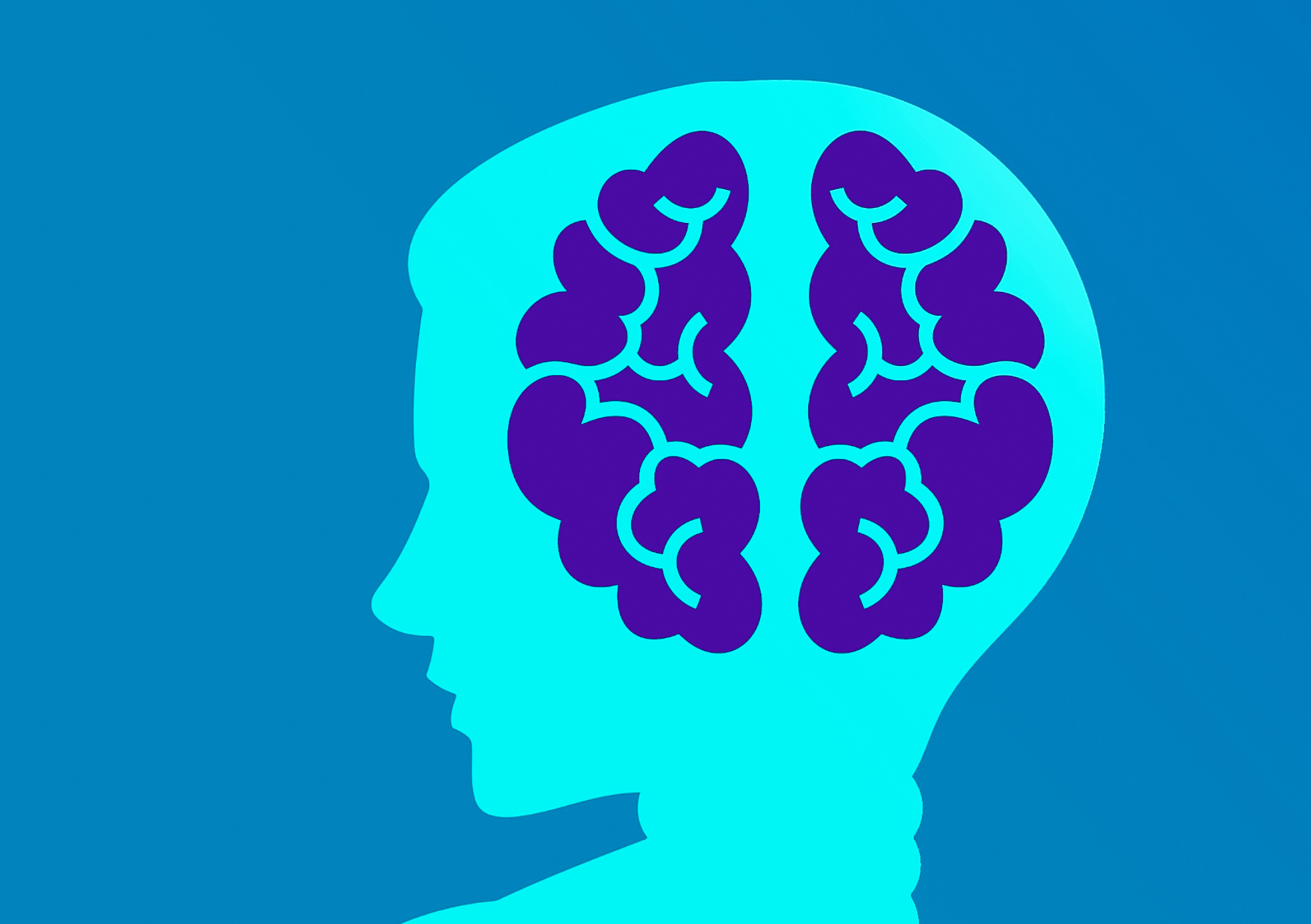“Pleasant, unpleasant, or neutral?” Those are the choices.
Is that tightness in your lower back pleasant, unpleasant, or neutral?
Is that emptiness in your chest pleasant, unpleasant, or neutral?
Is the thought of going to work tomorrow pleasant, unpleasant, or neutral?
In mindfulness meditation, this is called “noting” practice. Last week, I sat with meditation teacher Valerie Roth at the Albuquerque Insight Meditation Center, and her teaching reminded me how transformative it can be.
Here’s how to do it: when your mind wanders from the present moment, label silently whether what you’re experiencing is pleasant, unpleasant, or neutral.
Don’t open up an investigation. Just note how you feel about what’s drawing your attention away. Try to sense if there’s a feeling attached. Then, as mindfulness meditation practice prescribes, return to your breath, bodily sensations, or sound.
Ah, that thought felt pleasant. Let go of the thought and come back.
As I practiced with Roth, my feelings were all over the place. I was in town to explore the possibility of moving there. I’d be hit with a fantasy of my new life as a cowboy in the Southwest. Pleasant. But then I’d worry about making a huge mistake. Unpleasant.
Life isn’t always so dynamic. The woman beside me told the room she’d only experienced neutral, boring feelings during the meditation.
The point of noting practice is to put us in touch with how we’re relating to our experience.
The mind not only wanders constantly, but it also judges. Fantasy good. Fear bad.
Just like our wandering thoughts, these judgements are out of our control. They’re unconscious reactions to thoughts that often summon emotions, sometimes strong enough to create bodily sensations, like a clenched stomach.
What I realized that morning in Albuquerque is that most if not all of what we do is based on these judgements. We’re like the kid who has to touch the hot stove to learn not to do it again. Except that the stove becomes subtler and subtler as we grow up. We’re bouncing through our days moving towards things that feel pleasant and away from things that feel unpleasant.
Noting practice is stepping back with the mind to witness our thoughts and judgements. It’s becoming conscious of the unconscious. It’s smoothing out the up and down of emotions, which can sometimes feel like an unnecessary roller coaster ride.
What if we could feel an emotion like fear and not make it a problem? What if we could see our fantasies for what they are? What if we could experience life as it is, without judging one way or the other? What if we could respond rather than react?
That’s the inner freedom that mindfulness meditation cultivates.
Free ebook on mindfulness meditation
My ebook, How to Get Out of Your Head, will help you start or stick with a regular meditation practice. Get it for free here.
Listen to my podcast Meditation for the 99%
On Meditation for the 99%, I take meditation out of faraway monasteries, expensive retreat centers, and Corporate America, and bring it to work, relationships, and, especially, politics. Listen everywhere podcasts are available.
